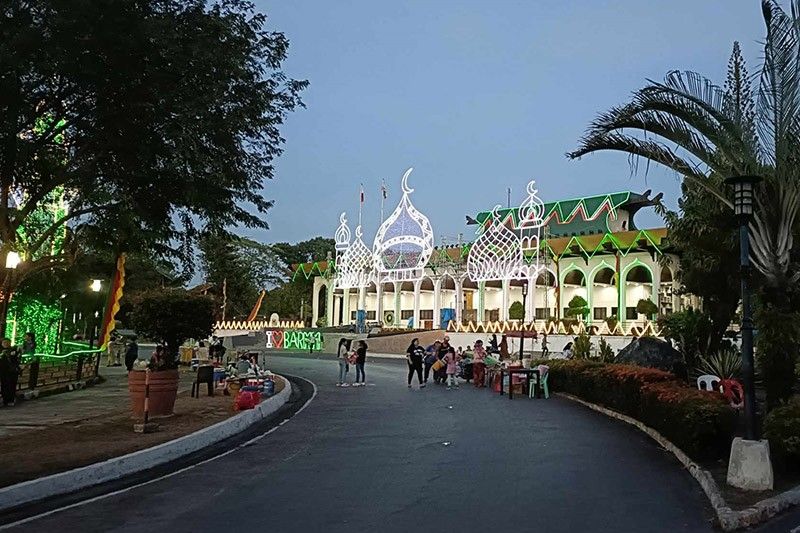Interfaith groups glad that Ramadhan, Lenten Season are both occurring in March

COTABATO CITY — This year’s Ramadhan among Muslims and the Lenten Season of Christians are both in March. For interfaith peace advocates, this is a reminder that religions should not set barriers but foster tolerance and understanding among believers.
The Ramadhan, a holy month for Muslims where they fast from dawn to dusk for one lunar cycle, lasting from 29 to 30 days, started on Tuesday. Christians shall observe the Lenten Season, or Semana Santa in most Philippine vernaculars, in the last week of March. The schedule of the yearly Ramadhan season varies from time to time, set according to the Islamic lunar-based Hijrah calendar.
Muslim theologians and members of the 80-seat parliament of the Bangsamoro Autonomous Region in Muslim Mindanao (BARMM) told reporters on Friday that this year’s Ramadhan, to last until about past first week of April, depending on the sighting of the new moon by then, is meaningful for them because it jibes with the Lenten Season, just as holy for Christians.
“Many of us in the Bangsamoro parliament, along with officials of ministries under the regional government, are promoting Muslim-Christian religious solidarity as our way of helping build a durable peace in the autonomous region,” the physician-ophthalmologist regional lawmaker Kadil Monera Sinolinding Jr. said.
Islam has a teaching “la iqra fiddin,” which means there is no compulsion in religion in the Arabic language.
Muslims abstain from food and drink at daytime during the Ramadhan as part of the five pillars of Islam, which include belief in Allah, praying five times a day facing west, giving of alms to the poor and for those who can afford the cost of travel, performing Hajj, or pilgrimage to Makkah in Saudi Arabia even just once in a lifetime.
In separate Ramadhan messages over the popular Station DXMS of the Oblates of Mary Immaculate congregation, Ahod Ebrahim, chief minister of BARMM, and Parliament Speaker Ali Pangalian Balindong urged Muslims, Christians and the indigenous non-Moro tribes in BARMM to sustain the cordiality among each other to keep the peace now markedly spreading around the autonomous region.
Christian leaders in Administrative Region 12, among them Cotabato Gov. Emmylou Taliño Mendoza, who is presiding chairperson of the multi-sector Regional Development Council 12, have started supplying rice to Islamic worship sites as a Ramadhan humanitarian outreach mission.
“We shall also provide with rice the mosques in the 63 Bangsamoro barangays in Cotabato province to prove to Muslims there that we in Cotabato province are for the unity of Muslims, the Christians and the indigenous people," Mendoza, a Christian, said.
The chairman of the Moro National Liberation Front, Bangsamoro Regional Labor Minister Muslimin Sema, said on Friday that they were never hostile to Christians in Central Mindanao provinces during the height of their bloody secessionist uprising in the 1970s.
“Many Christians in farflung barrios and chieftains of the indigenous non-Muslim tribes in Mindanao even provided MNLF members sanctuary then despite knowing the risks they were in for such a gesture,” Sema said.
Christians from different barangays in Cotabato City comprise a majority from among people frequenting during night time since Wednesday the Ramadhan trade fair sites in the 32-hectare BARMM capitol in southeast of this city to dine, sip coffee, or buy food in cheap prices sold by Muslim and non-Muslim traders in adjoining vending stalls.
- Latest
- Trending































